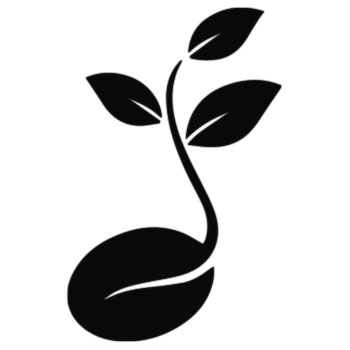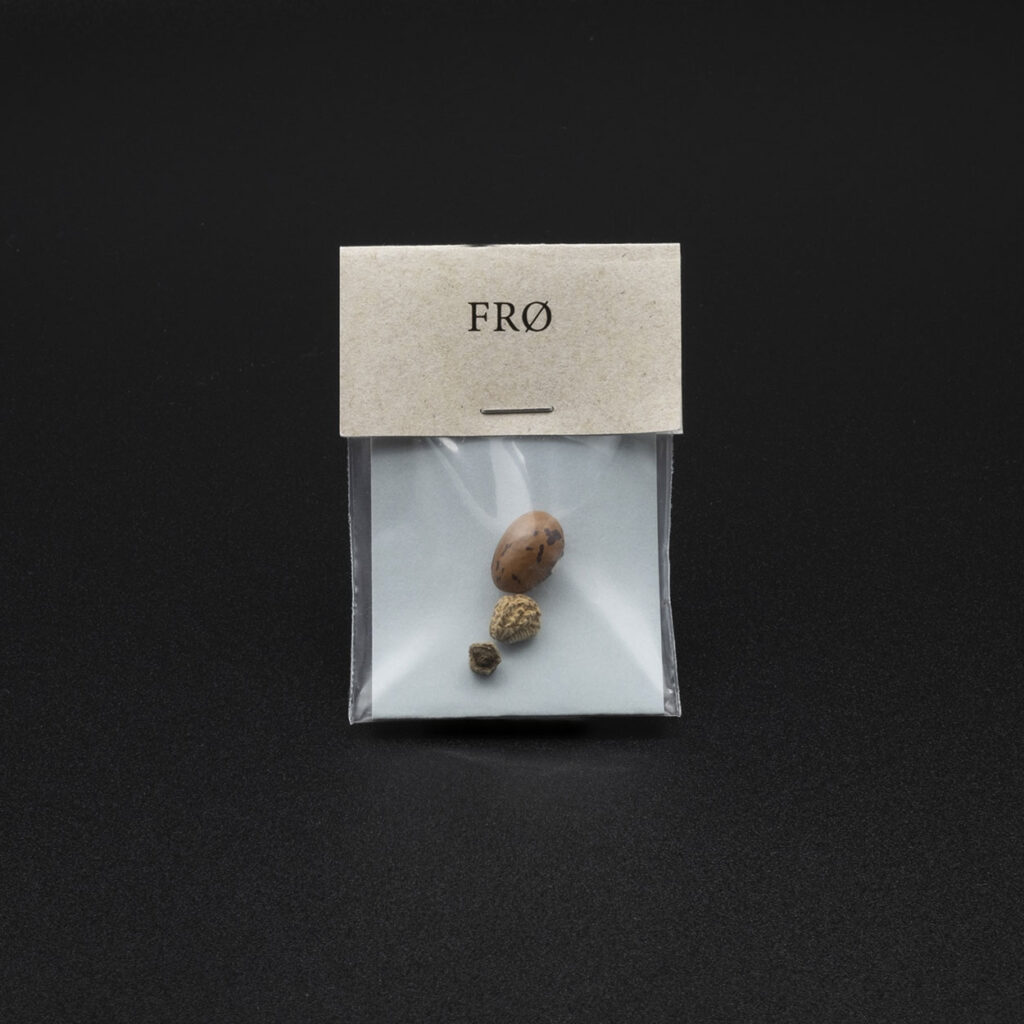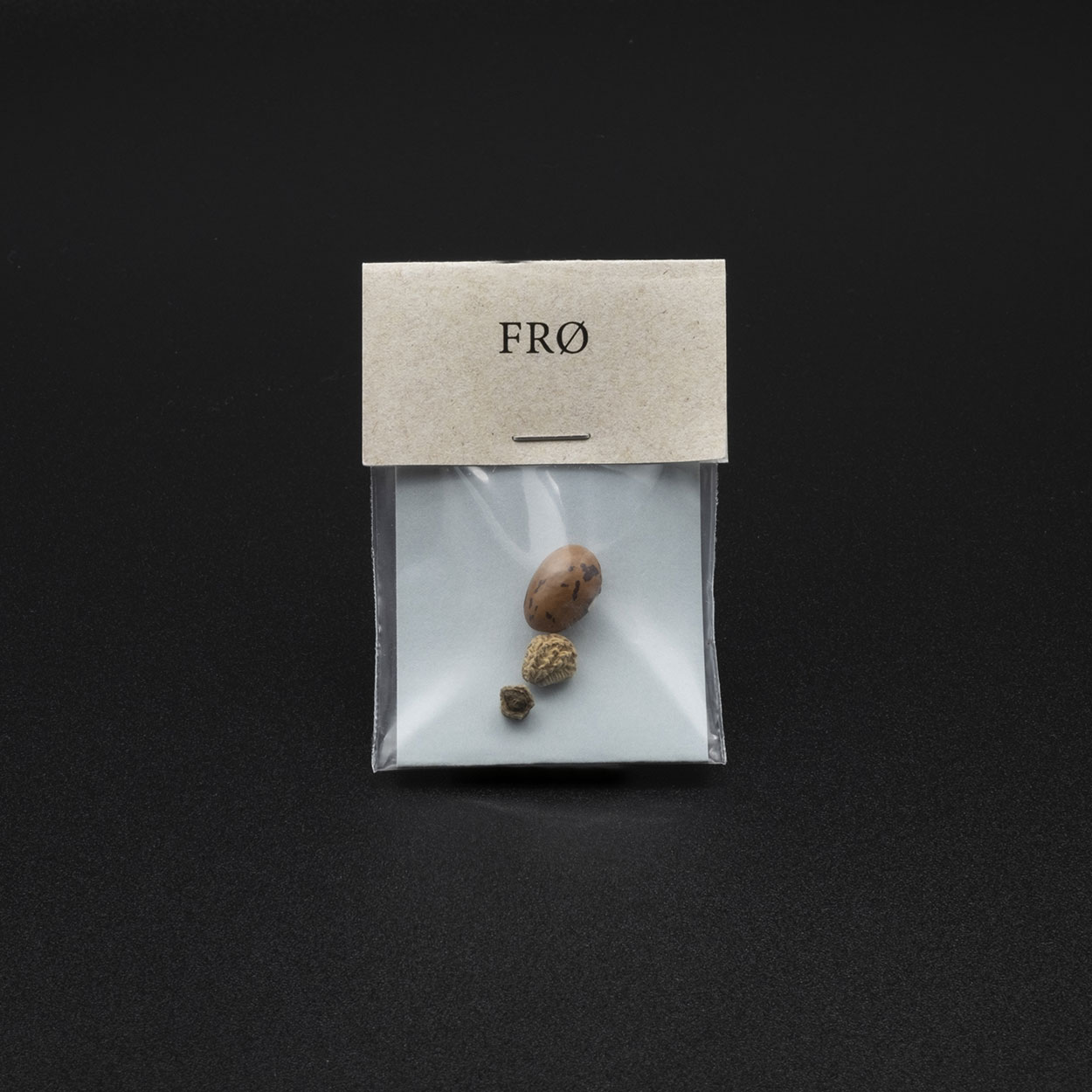All over the world large companies are racing to get hold of legal rights to natural resources through intricate patent legislation, which makes it a criminal offense for others to, for example, collect rainwater or use their own plant seeds. Join the seed action: Sow, collect, spread and share these or other Rescue seeds.

Introduction
In a neoliberal world order, there are no limits to what can be traded and turned into commodities. Private interests will control drinking water, seed cultivation and energy – things most people regard as a necessity, not a commodity. Many of these companies have become unimaginably rich, either because they have benefited from stable societies with a well-developed infrastructure, such as roads, water, electricity and telecommunications networks paid for with tax revenue from each individual member of society, or because they exploit natural resources, mislead indigenous groups and abuse patent rights in poor countries.
Nestlé owns 70% of the world’s bottled water brands, including Perrier, San Pellegrino and Vittel. They drain groundwater resources in countries with great poverty and vulnerable drinking water reserves, such as Nigeria and Pakistan, bottle the water in plastic bottles and sell it back to a poor population as expensive bottled water.
The Norwegian Pension Fund, owns shares worth 30 billion in Nestlé, making it one of the largest shareholders. They also own shares in Monsanto, an agricultural biotechnology company, which was acquired by Germany’s Bayer in 2018. Monsanto is also known for the controversial herbicide Round-up.
In order to secure the highest possible profit, Monsanto has, through genetic manipulation, made sure to create seeds where the plant is unable to bring forth new reproducing seeds, which means that the farmers, instead of producing their own seeds, have to buy new ones from the seed companies every year. This leads many small farmers into a relationship of dependence on multinational companies, with debt problems and poverty as a consequence.

Patent legislation also contributes to making farmers in poor countries dependent on international companies. The UN points out that the patent regime may lead to poor farmers in the future not being able to freely grow the products they have always grown, because a company has taken a patent on them. Central to this issue is the TRIPS agreement to the WTO, which is designed to protect copyrights. It gives companies and investors the right to, among other things, patent biological material.
Foreign biotechnology companies are robbing entire cultures of their livelihoods by taking patents on biological diversity and traditional knowledge. The legislation is designed in such a way that it is those who carry out the last step in product development who get the rights and profits. This is despite the fact that it may be about plants that have been cultivated over several centuries, carefully adapted to local climatic and agricultural conditions and considered part of a population group’s common property. This system favors those who know the laws and regulations and have the resources to write comprehensive applications with required documentation.
Content
1 bean seed
1 Swiss chard seed
1 Indian cress seed
Bean is a plant genus in the pea family with approximately 150 species, most of which are climbing plants in tropical and subtropical regions.
Swiss chard is a vegetable in the beet family. The plant is very rich in vitamins and minerals, especially magnesium, and was already known in ancient times under the name Roman spinach.
Indian cress was imported to Europe from South America in the 17th century. The plants are not able to establish themselves in the Nordic countries because the seeds do not survive the winter cold. Here it is mostly used as a decorative plant, but the flowers and seeds are edible. Originally, the Indian cress has a long tradition in folk medicine as a medicinal plant; against, among other things, colds, urinary tract infections, rashes and muscle pain.
Instructions
Fill three pots with soil and place a seed in each pot. Give them water and light. After approx. 5–7 days you will see the seed start to germinate. Add water at regular intervals. Now you can enjoy the fact that the plants are growing and developing, getting flowers and new seeds. By taking seeds from your own plants, you can take part in the great seed collaboration, prevent the depletion of species diversity and increase food security.
You can also use seeds to sow discord, just be careful where and how you do it. Feel free to take a patent on sowing discord among merciless lawyers, cynical businessmen or other powerful people so that they have no choice but to be in conflict with each other.
Tips for various seed and gardening actions (Norwegian DYS):
